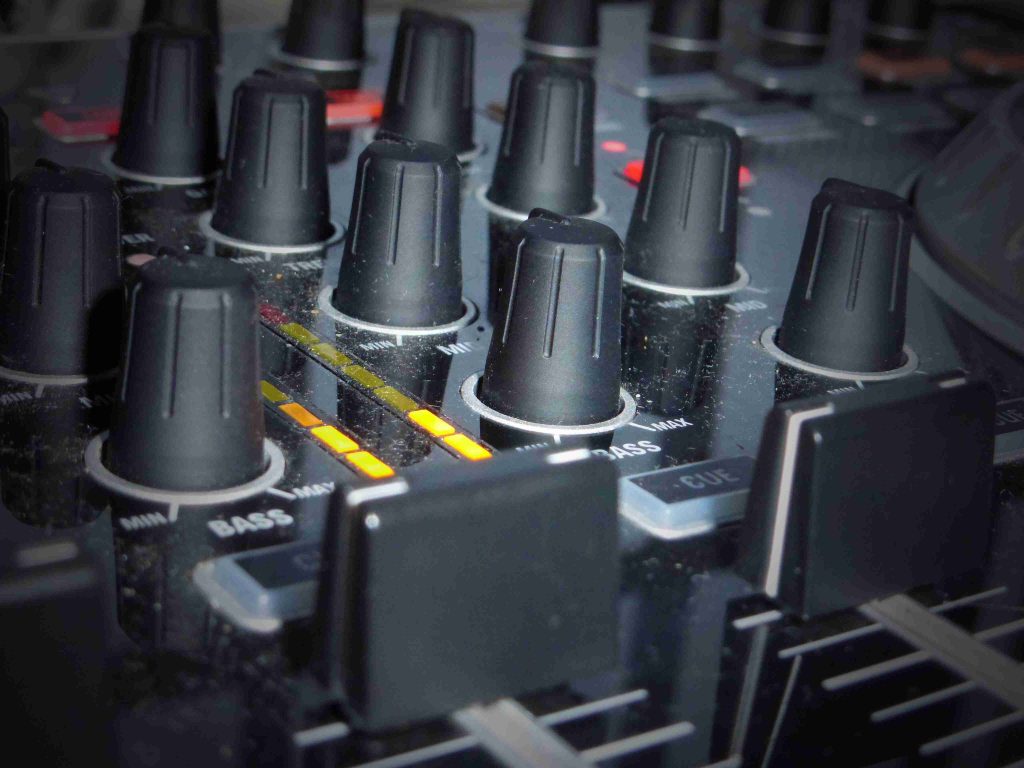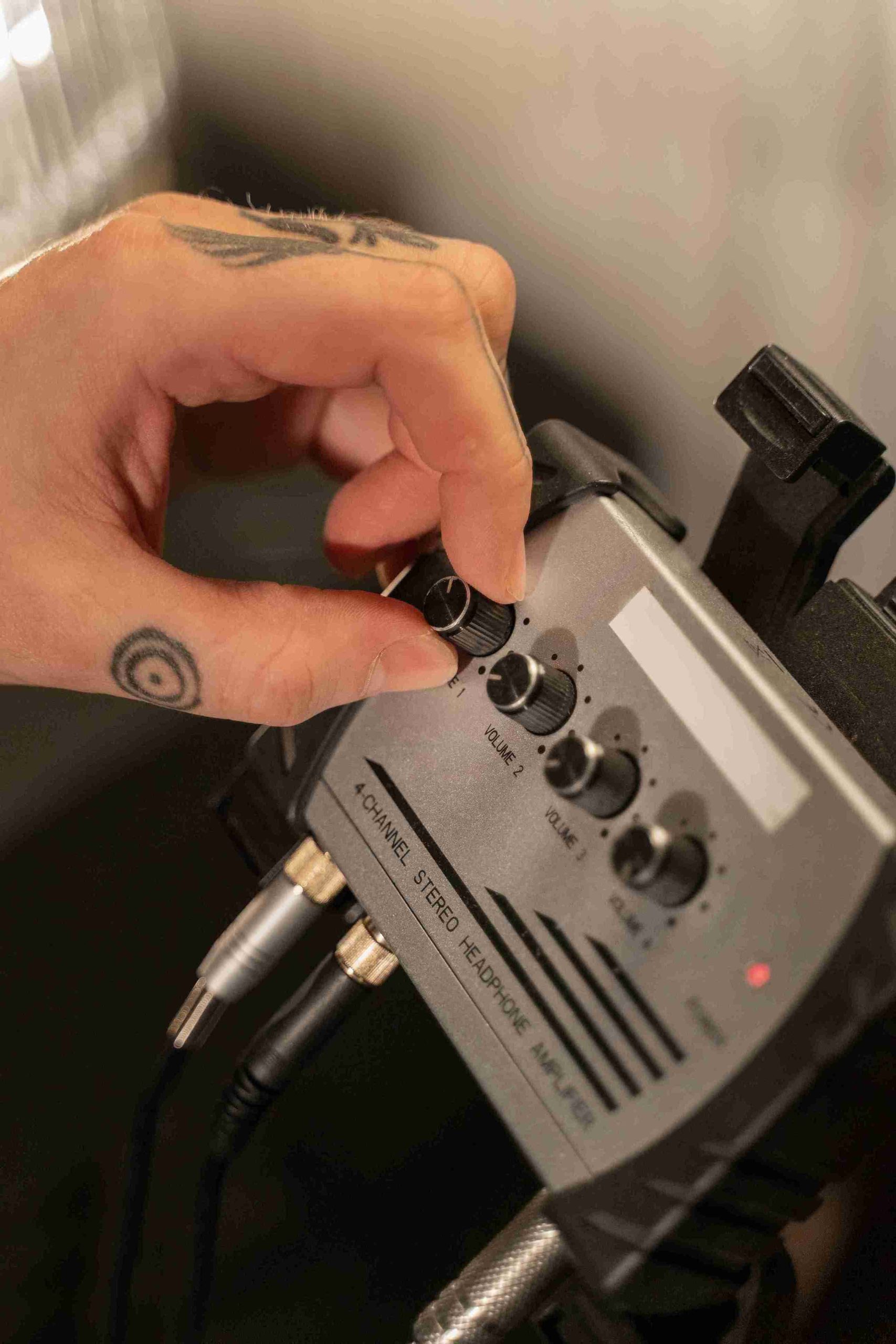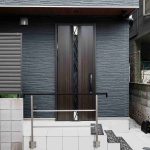The design and performance of a professional power amplifier rely heavily on precision manufacturing components. Among these, mechanical mold parts play a crucial role in shaping, assembling, and ensuring the consistency of amplifier housings, heat sinks, and internal structures. High-quality mold parts allow for precise tolerances, durability, and efficient production, which directly affect audio performance, thermal management, and reliability.
In this article, we will explore how mechanical mold parts impact amplifier design and how they improve manufacturing efficiency. Without any further delay, let’s begin with our article!
Why Are Mechanical Mold Parts Essential in Professional Power Amplifier Production?
Mechanical mold parts are fundamental in creating the physical components of a professional power amplifier. From front panels to internal heat sinks and chassis, these molds determine the shape, alignment, and structural integrity of every part.
Precision molds ensure that components fit seamlessly, minimizing assembly errors and preventing vibration or resonance that could compromise sound quality. For professional power amplifiers, even small misalignments can impact audio fidelity, resulting in distortion or unwanted noise. Molds also influence thermal management. Well-designed chassis and heat sinks created using precise mold parts allow efficient dissipation of heat, protecting sensitive electronic circuits. This ensures long-term reliability, essential for amplifiers used in studios, live events, or broadcasting.
Furthermore, standardized molds allow scalable manufacturing. High-quality mechanical molds support consistent reproduction of amplifier parts, enabling mass production without sacrificing performance.
By ensuring durability, precision, and thermal efficiency, mechanical mold parts are indispensable for professional power amplifier production.
How Do Mechanical Mold Parts Affect Acoustic Performance?
The acoustic quality of a professional power amplifier is influenced not only by its electronic components but also by its physical housing. Mechanical mold parts create enclosures that reduce vibration and resonance, enhancing sound clarity.
Molded heat sinks and panels maintain precise spacing for internal circuits, preventing electromagnetic interference. Stable housings also protect audio circuitry from mechanical shocks during transport or installation.
Custom molds can introduce features that optimize airflow and cooling without affecting acoustics. For example, vents can be positioned to dissipate heat while avoiding resonance pathways that amplify unwanted frequencies.
By shaping every component with accuracy, mechanical mold parts contribute directly to high-fidelity audio reproduction. Designers rely on these molds to achieve professional-grade performance standards.
This integration of mold precision with amplifier design ensures that users experience clear, consistent, and powerful sound in any setting.

Why Do Professional Power Amplifier Manufacturers Invest in High-Quality Mold Parts?
Investing in high-quality mechanical mold parts yields long-term benefits. Durable molds reduce wear and tear during repeated production cycles, ensuring consistent quality for every amplifier.
Premium molds enable complex designs, such as integrated heat sinks, vent channels, or ergonomic control panels. This flexibility allows manufacturers to innovate without compromising structural integrity.
Consistent mold accuracy lowers production errors and reduces assembly time. Fewer errors mean less rework, lower costs, and faster time-to-market. For professional power amplifier manufacturers, this efficiency is crucial in a competitive industry. Additionally, high-quality mold parts support scalability. When demand rises, manufacturers can replicate precise components rapidly, maintaining performance standards and brand reputation.
How Can Mold Design Enhance Reliability and Heat Management?
Thermal management is critical for professional power amplifiers, as excessive heat can degrade components and reduce lifespan. Mechanical mold parts shape heat sinks, ventilation slots, and chassis to optimize airflow.
Precise molds ensure uniform thickness and alignment, preventing hotspots that could compromise electronic circuits. Even minor deviations in mold dimensions can lead to uneven heat distribution, causing potential failures.
Advanced mold designs also allow integration of vibration-dampening structures. This protects sensitive electronic components from mechanical stress, enhancing reliability during transport or high-output operation.
By controlling both airflow and structural stability, mechanical mold parts directly contribute to amplifier longevity, performance consistency, and safety in professional environments. Manufacturers that prioritize mold precision achieve superior thermal efficiency, reducing warranty claims and increasing customer satisfaction.
How Do Mechanical Mold Parts Support Innovation in Amplifier Design?
Modern professional power amplifiers increasingly feature compact, lightweight, and ergonomic designs. Achieving these innovations requires precision mechanical mold parts capable of producing complex shapes.
Custom molds allow designers to integrate cooling, controls, and aesthetic features into a single unit. This reduces assembly complexity and improves the user experience. Molded components can also support modular designs, making maintenance and upgrades easier. Users benefit from improved accessibility and flexibility, while manufacturers streamline production.
Furthermore, precise molds allow exploration of new materials, such as composites or lightweight metals, without sacrificing structural integrity. This combination of innovation and reliability positions brands as leaders in professional audio technology.
By leveraging advanced mold parts, amplifier manufacturers create products that meet the demands of modern audio professionals, combining performance, durability, and design excellence.
Market Insight: Precision Mechanical Mold Parts & Professional Power Amplifier Industry
The global market for professional power amplifiers is experiencing steady growth. Recent data indicates that the professional power amplifier market reached approximately USD 2.5 billion in 2023 and is expected to climb to around USD 4.8 billion by 2032, representing a CAGR of about 7.2% during the forecast period. Audio‑power amplifiers, which are used in live sound, studio, and broadcast venues, dominate this sector.
Much of this growth is driven by increased demand for high‑fidelity performance in venues, touring, and professional audio environments.
On the manufacturing side, the demand for high‑precision mechanical mold parts is rising, supporting the production of components like amplifier chassis, heat sinks, and structural enclosures. The global precision mould market is projected to grow at a CAGR of around 10% through the period up to 2031.
As audio equipment manufacturers push for higher performance, better thermal management, lighter weight enclosures and aesthetic refinement, the quality and complexity of mechanical mold parts play an increasingly important role.
Conclusion:
Mechanical mold parts play a pivotal role in professional power amplifier design, influencing structural integrity, acoustic performance, thermal management, and aesthetic appeal. Precise molds ensure reliable assembly, reduce production errors, and support innovative designs, while enabling scalable manufacturing. By investing in high-quality mold components, manufacturers enhance amplifier performance, extend product lifespan, and improve user satisfaction.
For professional audio equipment, where precision and reliability are paramount, mechanical mold parts are not just manufacturing tools. They are critical enablers of high-fidelity sound, functional efficiency, and brand reputation in a competitive marketplace.


